Mr Desmond Lim. -- PHOTO: Shintaro Tay
Judith Tan
The New Paper
11 January 2016
The HORROR
He was run over by a truck twice and left to die for over six hours on a road about an hour’s drive from Bangkok.
What followed the six-hour torture was even more trauma - almost 15 months of surgery, treatment and rehabilitation in hospitals in Thailand and Singapore.
His injuries were horrendous. He had a crushed right pelvis, fractured left leg and spine.
Former air steward Desmond Lim, 39, was on a road trip heading to Bangkok when a truck hit his motorcycle and ran over his body twice before speeding off.
AGONY
"I lay there, my bones crushed, my wounds open and bleeding, for more than six hours - fully conscious and in excruciating pain - before an ambulance finally came," he said.
He does not know who called for an ambulance. Mr Lim and two friends were on a month-long road trip to Myanmar, Laos and Thailand in January 2013 and were on their return journey when the accident occurred.
"My friends and I were taking different routes and were meeting in Bangkok when I got run over.
They only found out about my accident in Bangkok," he said.
Mr Lim, who now works in business development with a company dealing with orthopaedic equipment, said he was taken to a nearby hospital that appeared "old and rundown".
"No one there could speak English. I was in pain and I turned hysterical.
"It took a couple more hours before a doctor, who spoke a little English, came. I said I wanted to be transferred to Bangkok," he said.
Mr Lim was in a hospital in the Thai capital for three weeks before he was flown back to Singapore and warded at the Singapore General Hospital for the next 10 months.
"I don't even remember which hospital I was in in Bangkok. They kept me pumped with so much pain medication that those three weeks were a blur.
"I don't remember the plane ride. All I remembered was being warded at the hospital and the next thing I knew, I was waking up in SGH," he said.
Mr Lim said he was not operated on immediately "because I was having a fever and the doctors said if they did open me up, an infection from surgery would probably kill me".
By then, he said, his organs "had shifted" and his pelvis was tilting. "The orthopaedic surgeons could not put metal plates to fix my broken bones.
They told me that I had to make alternative plans as I would never walk again," he said.
SURGERY
The only surgery Mr Lim had was urethroplasty to repair some veins and his urethra, which snapped during the accident.
He went into depression and would not speak to anyone "unless they could help me walk again". He even drove his girlfriend of seven years away.
"I was depressed and angry and I kept telling her to go. We eventually broke up, but we remain friends till today," he said.
Mr Lim's sliver of hope came through Associate Professor Peter Lim. Prof Lim, who was the former head of rehabilitation medicine at SGH, visited him regularly for the 10 months he was hospitalised.
"Each time, he would come by, he would hold my hand and say 'you will walk again'.
"He gave me hope when there was none and I'll forever be thankful to him," he said.
When contacted, Prof Lim declined to comment.
The REHAB
Things started looking up when Mr Lim was moved to Bright Vision Hospital (BVH) for rehabilitation in late 2013.
"Despite my grumpiness, the nurses helped me get out of this rut. The nurse who cleaned my pressure wound was meticulous. It was a terrible job, but she never once flinched.
"They kept my spirits up. Even my physiotherapist Firdaus was very patient, going through the paces and putting up with my impatience to push myself," he said.
Mr Lim was there for four months before he was discharged. BVH Staff Nurse Jose Domingo Casiano said: "As nurses, we understand that his attitude is due to his condition. Everything is new to him, so we shifted our focus to a positive one.
"It was challenging at first. He was already set in his ways, but eventually he became open and he learnt that he would benefit from treatment."
Said physiotherapist Muhammad Firdaus Mohamed Zin: "On days when Desmond was more impatient and curt, I would talk less and focus more on the exercises.
"As Desmond wanted to focus on the present and didn't want to think of the future, I worked on what he was capable of at that point and compared his progress to the previous sessions and the past instead.
"As he saw how he improved, his mood got better and he was more willing to try more challenging things."
INDEPENDENCE
At home, Mr Lim refused to let his mother and two older sisters "baby" him.
"I wanted to be independent, wanted to walk and exercise so I would walk down the stairs from my 11th-storey flat. It took me 1½ hours to reach the ground floor and another three hours walking back up," he said.
He did it daily, despite concern from his loved ones because his pelvic bone remained tilted at an angle, making one leg 4cm shorter than the other.
"To ensure that my gait is steady, one shoe has a 4cm thick sole," he said.
By September 2014, although he needed a walking stick to get around, Mr Lim was ready to challenge himself.
So in January last year, he went on a three-week road trip in New Zealand alone.
"I wanted to prove to myself and others that I could take care of myself despite what happened. I rented a camper van and drove all around South Island before taking the ferry to North Island. I went trekking, fishing and glacier watching.
While other people took 15 minutes to walk on the glacier, I made sure I took my own time, just to be safe," he said.
Mr Lim is determined to help others who went through trauma and is working with the staff at SGH to set up a trauma support group.
"Through my own story, I believe I will be able to help others overcome their injuries and lead normal lives," he said.
The HEALING
He has survived trauma and is still dealing with his own healing process, but Mr Desmond Lim, 39, wants to help others cope with their ordeal.
He said: "Often, victims of trauma and bad accidents hear bad news from doctors.
"As someone who went through the injuries and is still suffering from PTSD, I know only too well how much support is needed at this difficult time," he told The New Paper.
PTSD, or post-traumatic stress disorder, is a mental condition that follows from the experience of traumatic events such as natural disasters, accidents or sexual assault.
People with PTSD will have stress reactions that do not go away on their own, or may even get worse over time.
NOT ALONE
"These people need to know they are not alone, that there are others, who went through trauma and are coping or willing themselves to get better," Mr Lim said.
He said it always helps to hear directly from people who went through trauma.
"I was asked to speak to two guys who were badly hurt in motorcycle accidents recently," he said.
"One asked if he could go back to riding and I told him if I could walk again, I am sure he will ride again. He became happier."
Mr Lim is working with doctors and nurses from the Singapore General Hospital who specialise in trauma medicine, rehabilitation and psychiatry to set up the trauma support group.
A spokesman from the hospital said the support group is being set up and there are no details to share yet.




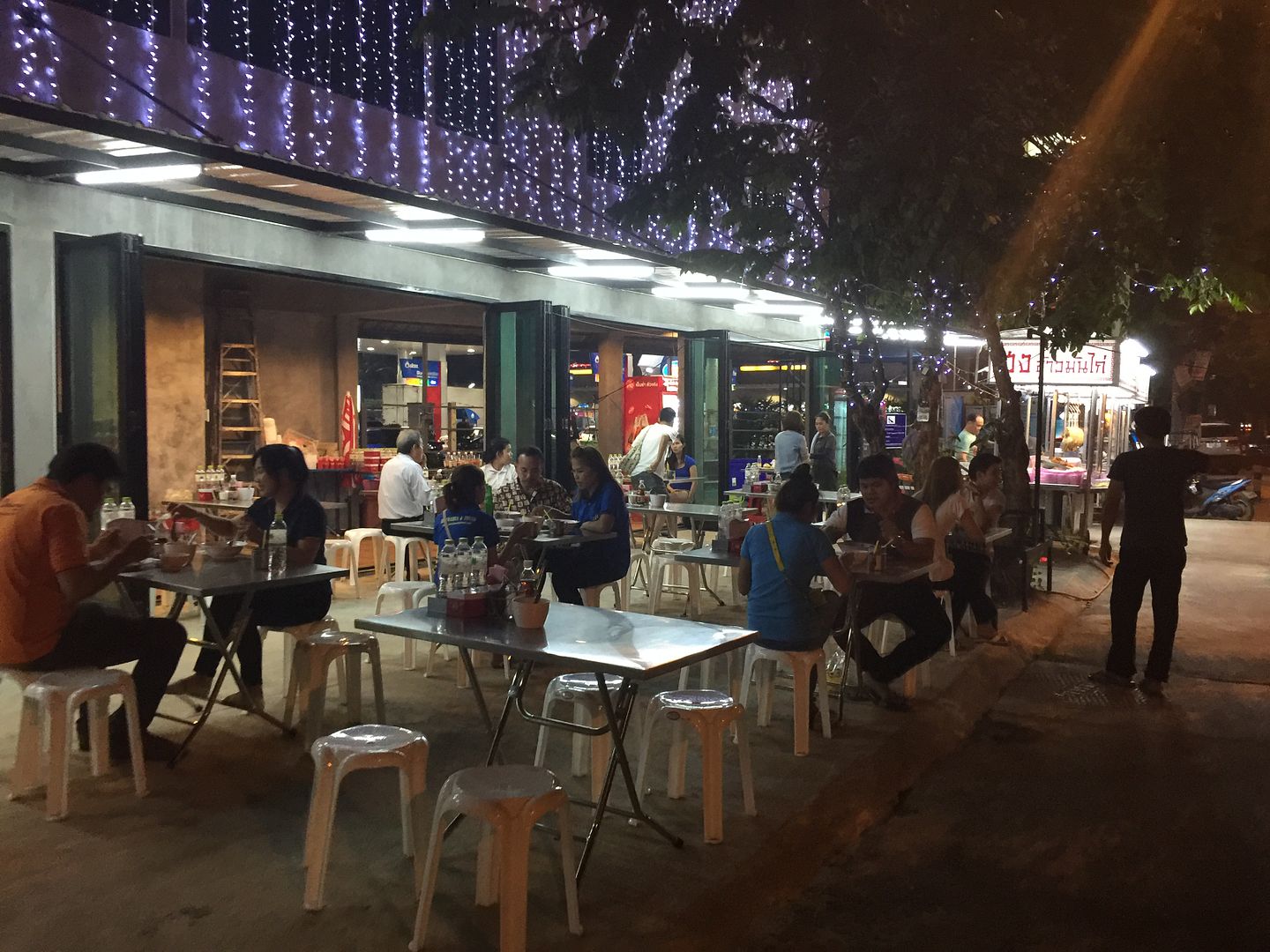

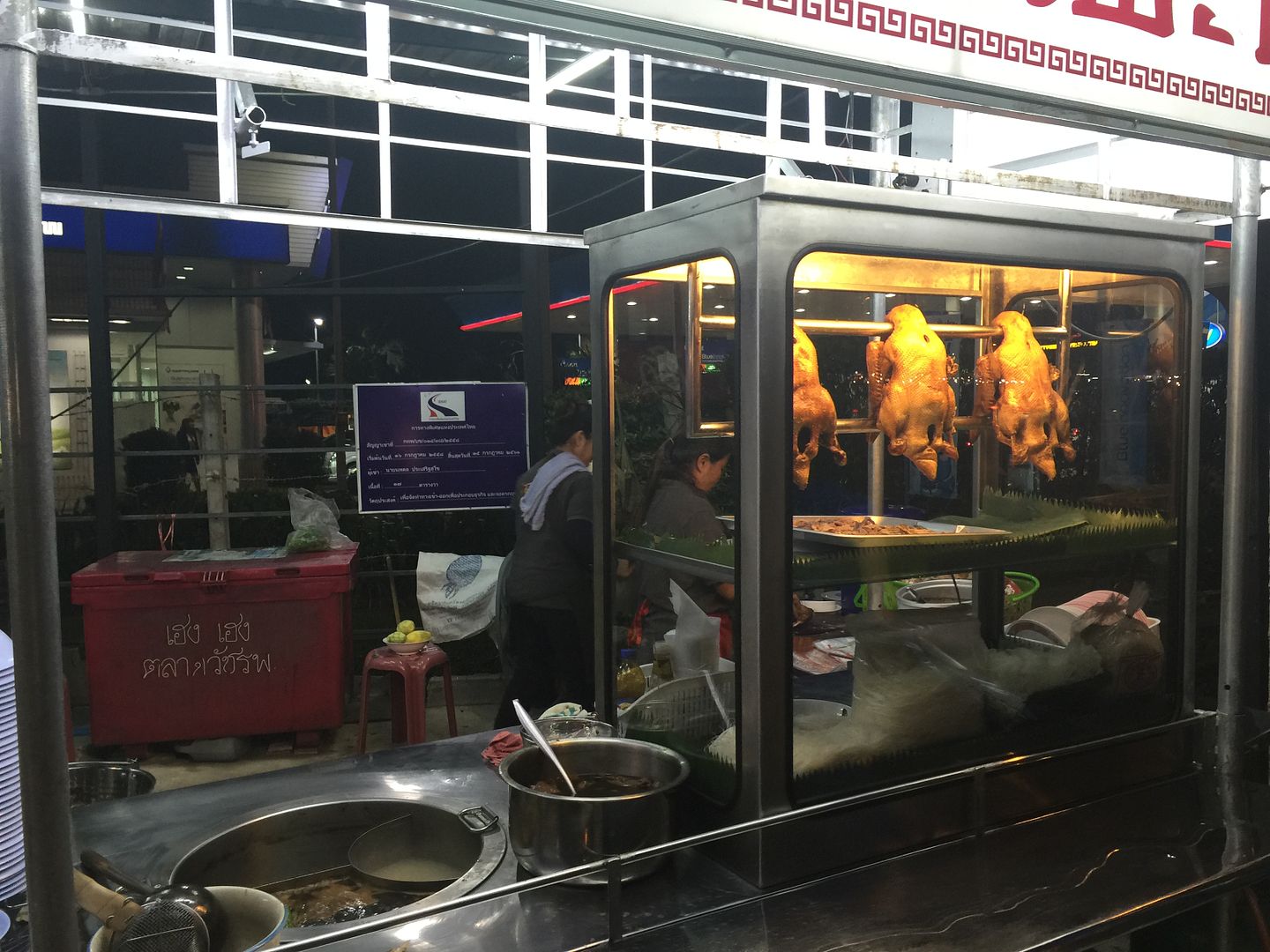


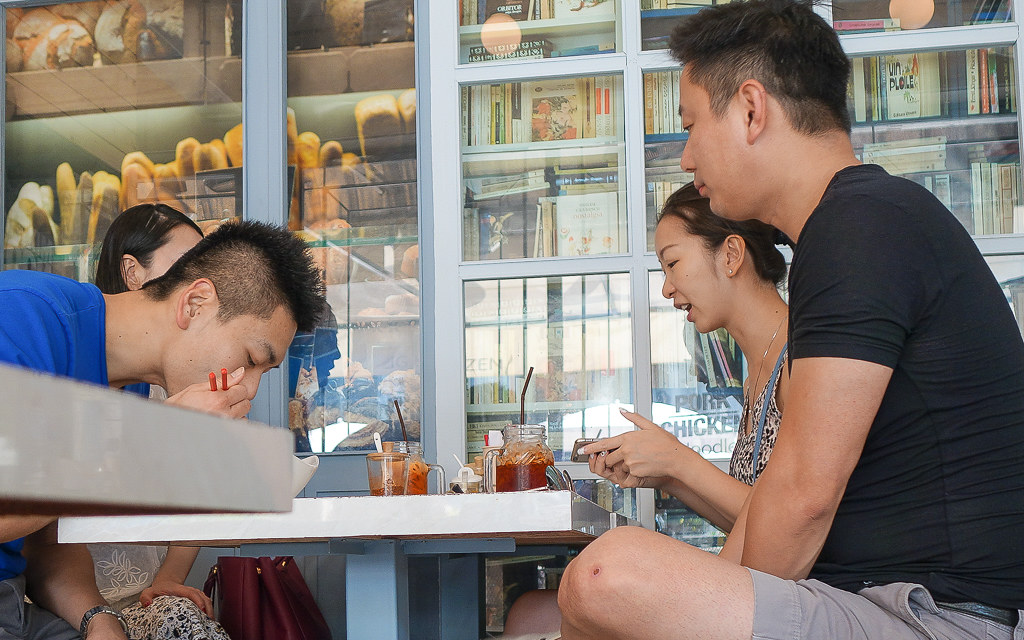
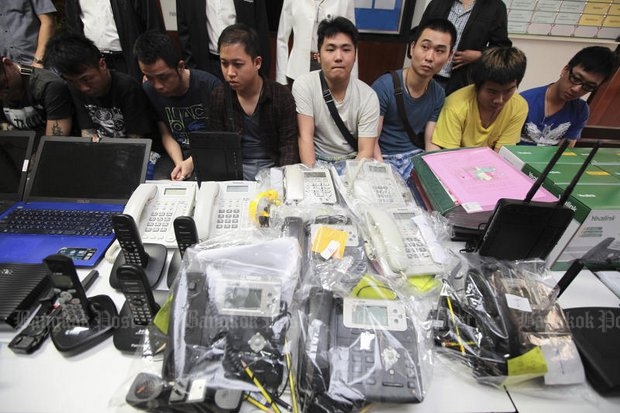

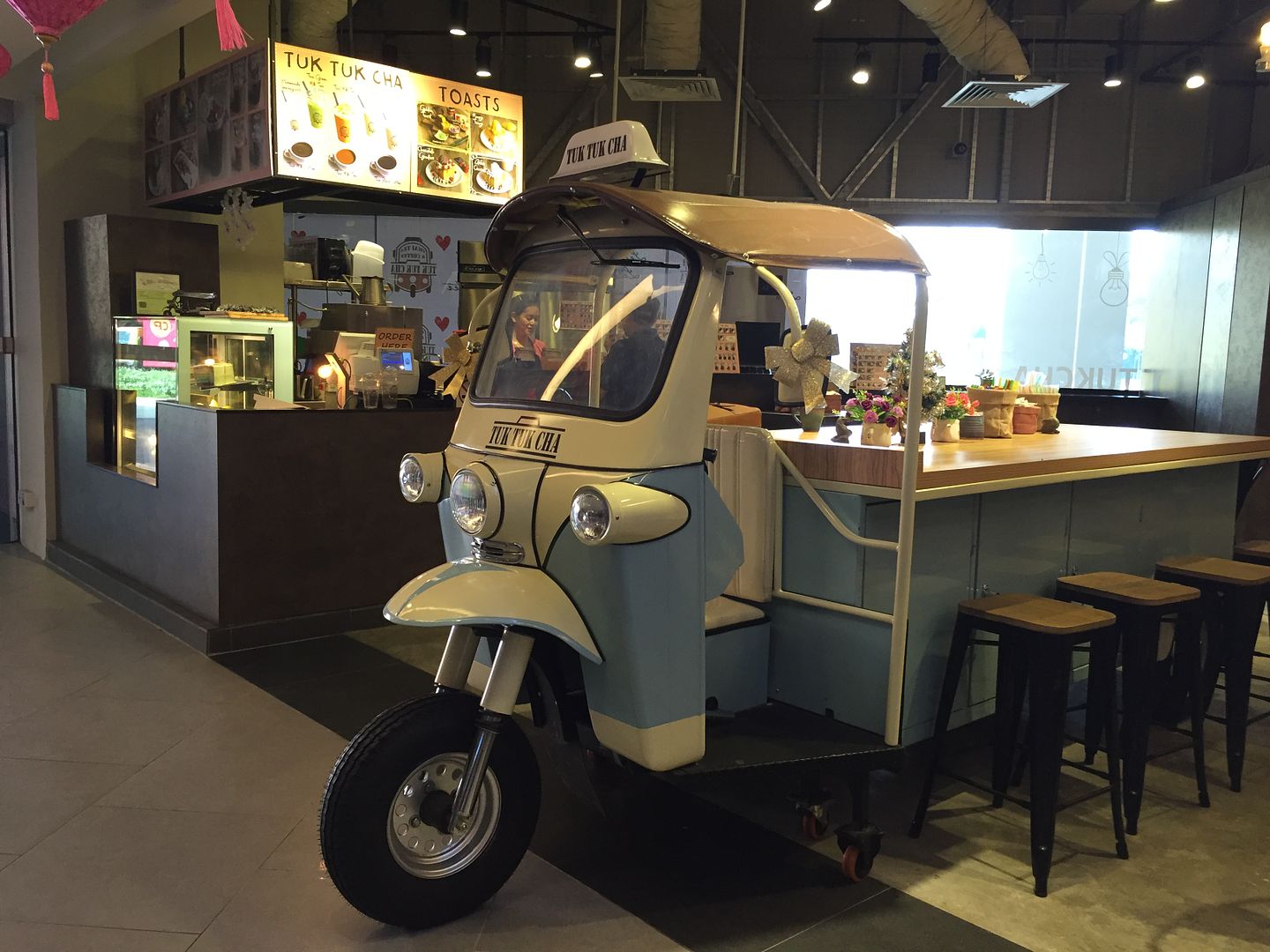





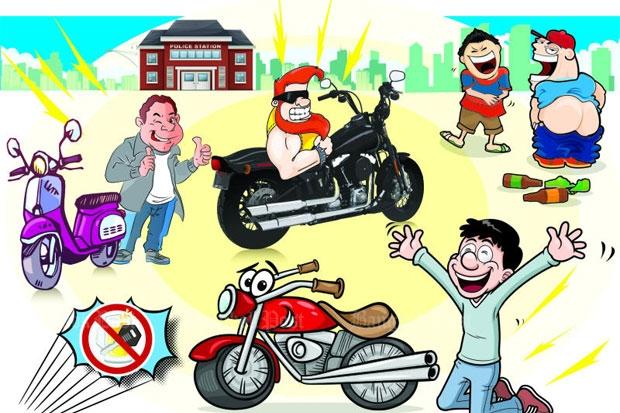



 )
)